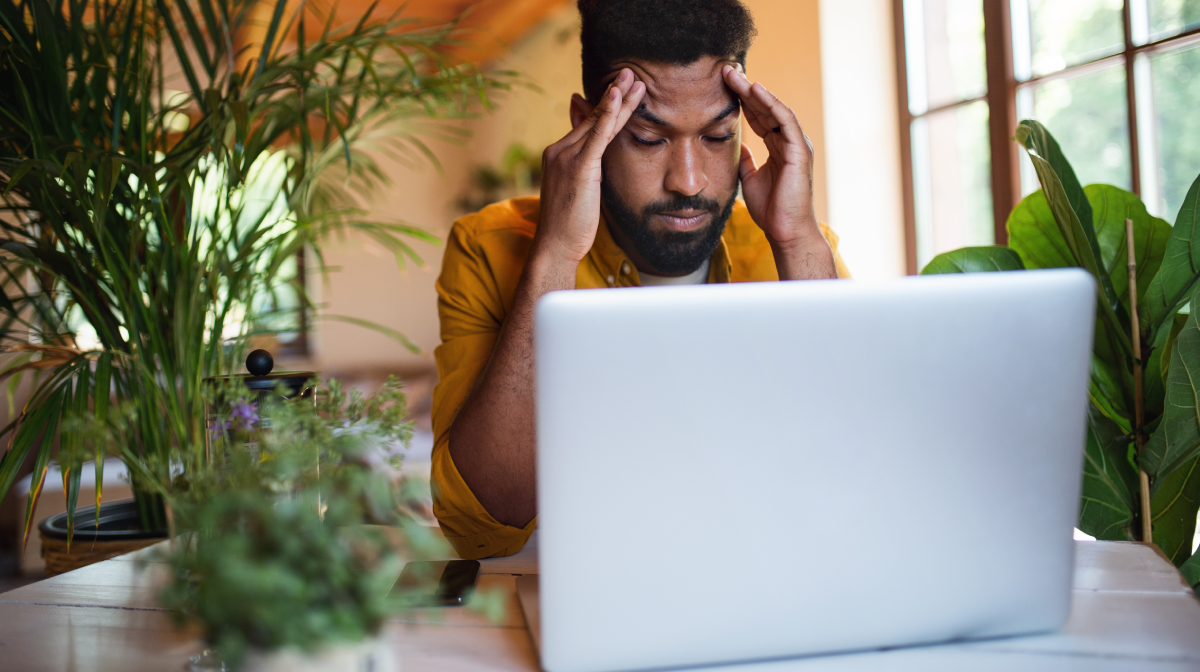Stress and sleep
Sleep is an essential human function - it allows our brains and bodies to rest, aiding muscle repair and memory consolidation.18
Even a small alteration to your sleep cycle can have negative effect on your health and well-being. If you have prolonged periods where you do not get enough sleep it may impact your health, sometimes leading to impaired immunity, weight gain and low mood.19
Stress and sleep quality are closely related. Feelings of stress are often associated with sleep disruptions, with many adults reporting feeling fatigue because of stress. Similarly, the ability to deal with stressful situations can diminish with lack of sleep.
Tips for getting more sleep:19
Break the stress-sleep cycle: Find out what is stressing you out and try to address it.
Plan your nightly routine: Go to bed at the same time every night and get up at the same time every day.
Avoid sleeping in at the weekends: This is a tricky one. An occasional sleep in is fine but make your routine consistent.
Avoid napping during the day: This will affect your ability to go to sleep at night.
Limit caffeine: Caffeine stays in your system for 12 hours after ingestion, so if you go to bed at 11pm, count 12 hours back to figure out when you should have your last coffee.
Avoid eating too late: Try to have a 12-hour period between your last meal and breakfast. This promotes better digestion and lessens interfering gurgles at night.
Being social is a good thing, we are social beings by nature and we tend to thrive in the company of others.
However other people can create stress for us. Some people experience stress when they are feeling insecure, self-conscious or judged by others during their normal social interactions. Sometimes what should be a normal experience such as sitting an exam, making a presentation or interacting with work colleagues can be overwhelming, leading to some of the following signs21:
Rapid heart rate
Breathlessness
Lack of sleep
Tiredness, Lack of energy
Headaches
Dizziness
How can we overcome stress in our social interactions?
Simple things like challenging unhelpful thoughts can help. Learn to see things in a more realistic light. Remember, unhelpful thoughts are just thoughts, they are not necessarily facts. It is also beneficial to try to reduce our tendency to focus on ourselves during social interactions. It’s easy to spend a lot of time concentrating on ourselves during social interaction, but the reality is that when we feel stressed or worried, it is a lot less visible than we think. Often, we have no idea if someone else is anxious or not and it can help to remember this.
Concentration
Having good concentration often means greater productivity and ability to get through tasks quicker. Research has shown that those who can hold their attention for longer periods perform better at cognitive challenges, than those who do not 22.
On a short-term basis, some stress can be beneficial for concentration. The body’s natural response to stress, can produce a boost that provides the motivation, drive and energy to help people get through situations like exams or work deadlines15,23.
However, an extreme and prolonged amount of stress can have negative consequences on our memory and ability to concentrate. Stress creates internal distress and inhibits our ability to concentrate and perform daily tasks. Stress, whatever the source, can overwhelm us and we can become mentally exhausted. The body performs better when the mind is at ease, as a result, if we are under-performing and tired, stress can be amplified.24
Simple ways to improve concentration:25
Practice breathing techniques
Plan a wind-down routine at night this will increase your chance of a good night’s sleep
Be in the moment, wiggle your toes when you find your mind drift.
Perform at least one daily task that requires intense focus. This will stimulate your brain aiding mental resilience in the face of stress.
Identify and combat the source of stress that inhibits your concentration.
A natural remedy to improve concentration
Discover More On Sleep

How to Improve Sleep?
Discover out natural tips on how to improve your sleep naturally, from your environment to being consistent, we share our tips









